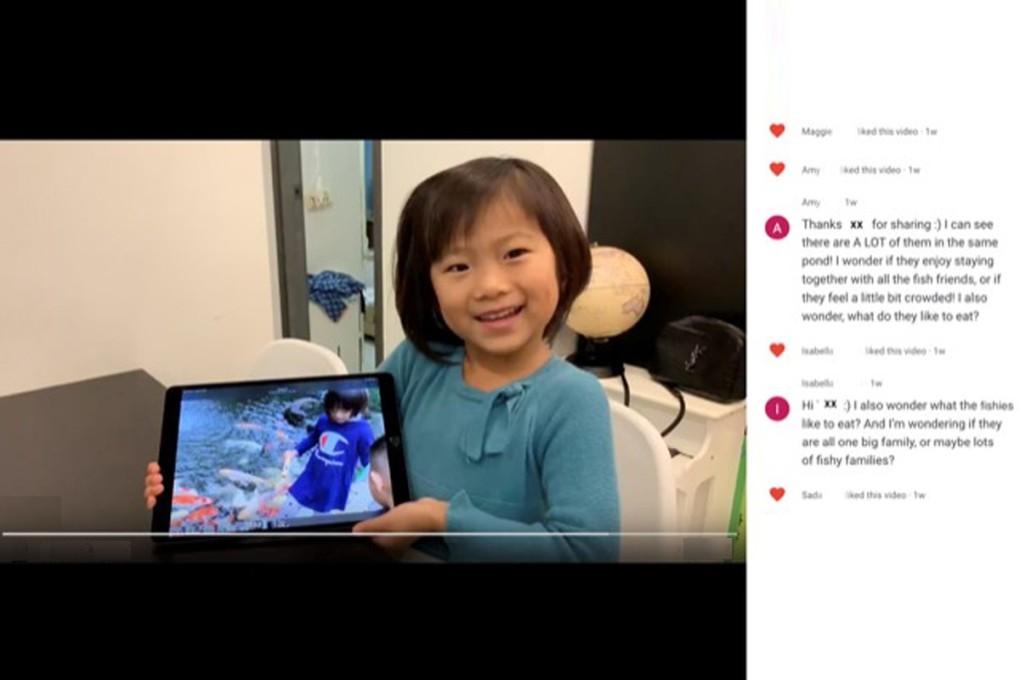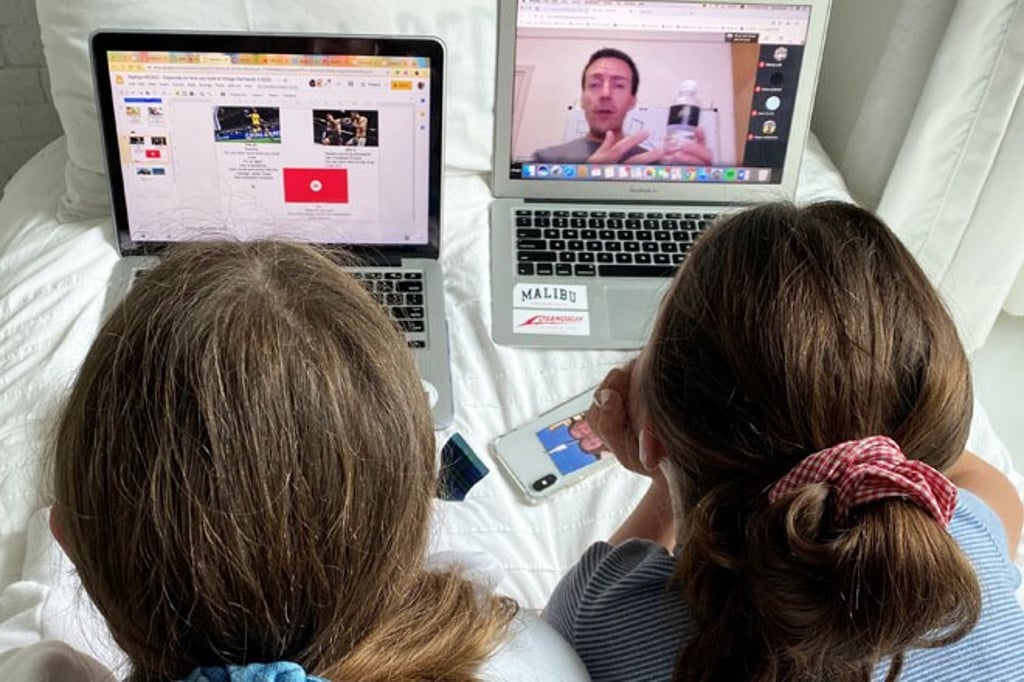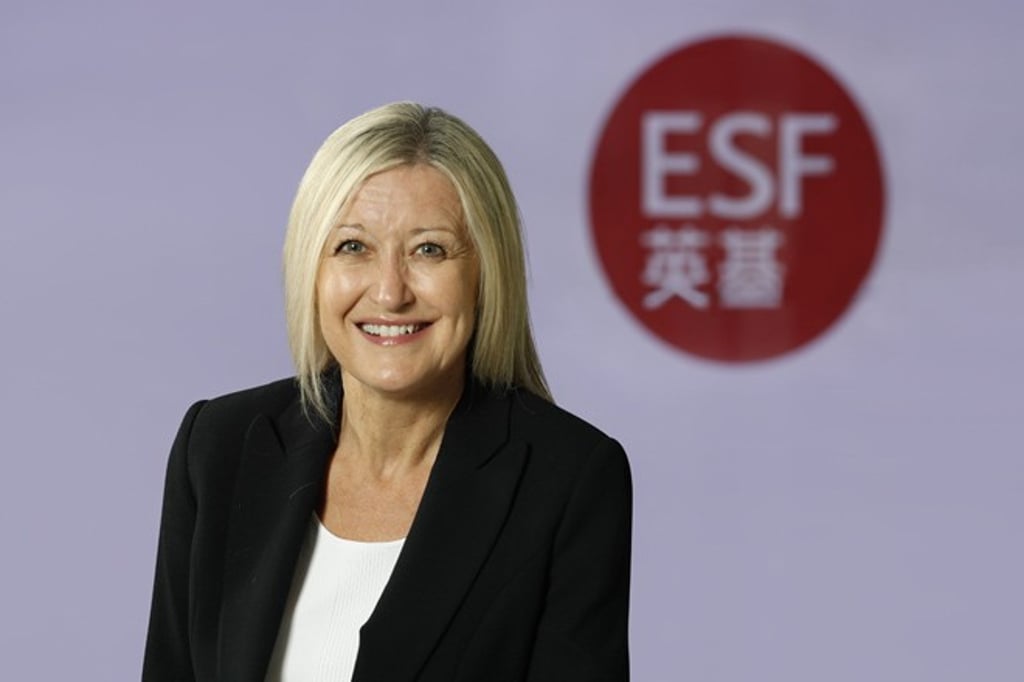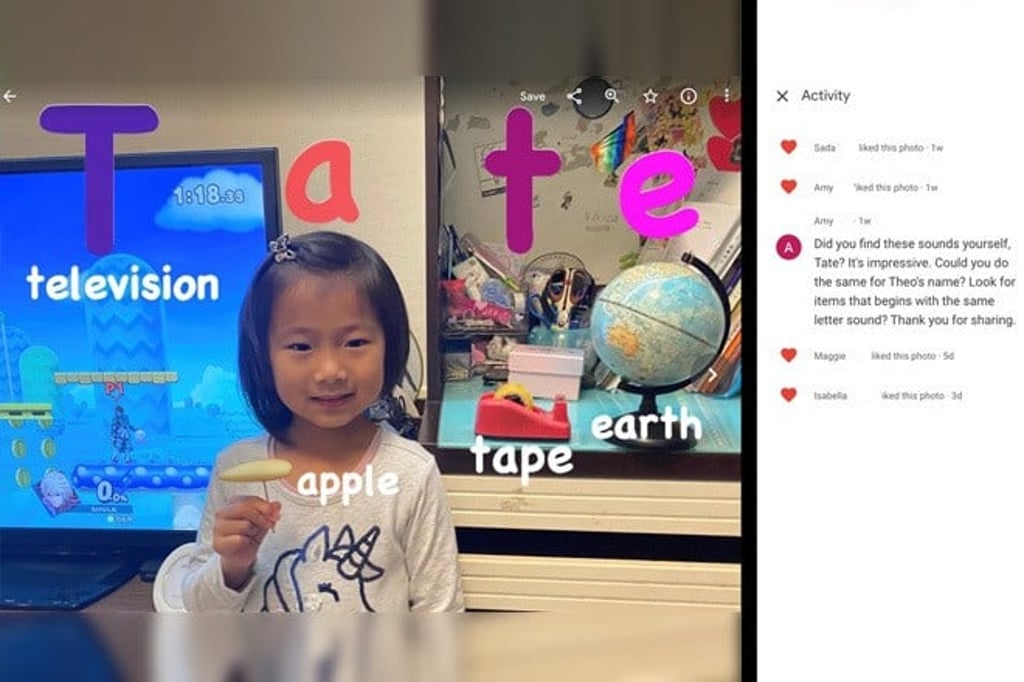The Unexpected Benefits of Distance Learning

[Sponsored Article]
Looking back, describing 2020 merely as a ‘difficult’ year is to understate massively the unexpected events and challenges, which every citizen across the world has had to face. All businesses and enterprises have had to re-examine, reinvent and re-define the approaches, processes and channels they use to get their job done.
So too for education. All schools have found themselves facing up to and setting out to address unexpected challenges. ‘Digital’ has become the pervasive, everyday reality. No longer a ‘nice-to-have’, ‘online’ is now vital for educators working to ensure continuity in every child’s learning. But switching, at short notice, from our usual default, mainly face-to-face approach to distanced learning has not been without its challenges.

But what have we learned from this challenge? It may seem obvious, but we have learned so much more about the many things we thought we already knew and were confident we understood. For example, we know that effective communication is key. We understood that teachers need to be empowered to innovate. And we were confident that, while learners need just the right amount of support, they also need judiciously chosen opportunities to make decisions about and take responsibility for their learning. Our work was underpinned by the understanding that every learner is unique, bringing different attitudes, dispositions and experiences to each new learning task.
And yet, what did we know? If there is one thing that we had to learn afresh it is that the relationships among teacher, learner and parent are paramount. We have always known about the importance of parents as children’s first supporters, teachers and mentors. We are now even more acutely aware of how much we have depended on parents’ support, understanding and patience over the last 12 months. And it is fair to say that the disruption to our conventional school-based practice and the associated need to find new ways of working differently, have taken their toll on all the partners. None of this has been easy.

So, what have we found works best when students learn online? Since feedback interaction and engagement are key in education, it is evident that every student needs an opportunity to engage directly with their teacher every day. Our schools have done this through seeking out online approaches to checking students’ understanding in order to plan bespoke next steps in their learning. Creating a sense of common purpose amongst a group of socially isolated learners has required our teachers to reflect on how to create a class community with a focus on collaborative endeavour, socially-distanced, yes, but certainly not socially-isolated. Teachers use virtual breakout rooms to support group discussion and problem-solving. To keep students fully and effectively engaged, teachers planned varied activities and tasks for learners which took account, not only of the nature and difficulty of the subject matter, but also of students’ maturity and needs, both cognitive and emotional.
There were surprises too. Some students have found a fresh, louder voice online. Previously reluctant to speak up in class, many learners have found that the online environment has given them the confidence to state their opinions.
Inevitably, the online environment has required sometimes dependent students to take confident, personal responsibility for their learning. Teachers have also been reflecting on how to make best use of the precious and limited resource of direct teaching time. As a result, many teachers have been reflecting on the balance between what they have been doing and what they now plan to do “in class” and what should be set as home study.

Longer term, the curriculum will, I believe, become more relevant than less. The curriculum as students experience will be guided much more by their needs and less by tradition and the tyranny of the examination syllabus. This is about learning to learn, not learning to give formulaic answers.
As I have suggested above, effective communications are of course essential. As by necessity, parents have had to take on a greater role as supervisors of learning, teachers in their turn have become more skilled in their communications about the planned learning for each class and student, including the content, the pace and the purpose. We found, for example, that putting together guidance for parents on practical activities undertaken at home was most effectively supported by guidance packs describing the planned approaches and providing equipment and materials required to support students’ learning, particularly in studies involving, art, science and the environment.
Overall, the shift to online learning has amplified the need for different, higher quality social interactions, amongst learner, teacher and parent.
So what next? In 2021 we all ache for a return to normal with full school buildings. But learning the hard lessons of 2020 means that the 'new normal' can be better. Both across education systems, as well as here in Hong Kong, the necessities of 2020 should become a catalyst for the reform of our learning into the future. Engaging with the adverse circumstances of 2020 has been tough for us all. I am confident that the work done by ESF schools will serve its students into the future. We have no intention of letting the hard lessons learned over the last twelve months go to waste.
Belinda Greer is the Chief Executive Officer of the English Schools Foundation (ESF), which is the largest English-medium international school organisation in Hong Kong. With 22 schools and 18,500 students, ESF’s mission is to bring out the best in every student through a personalised approach to learning and by inspiring curious minds.